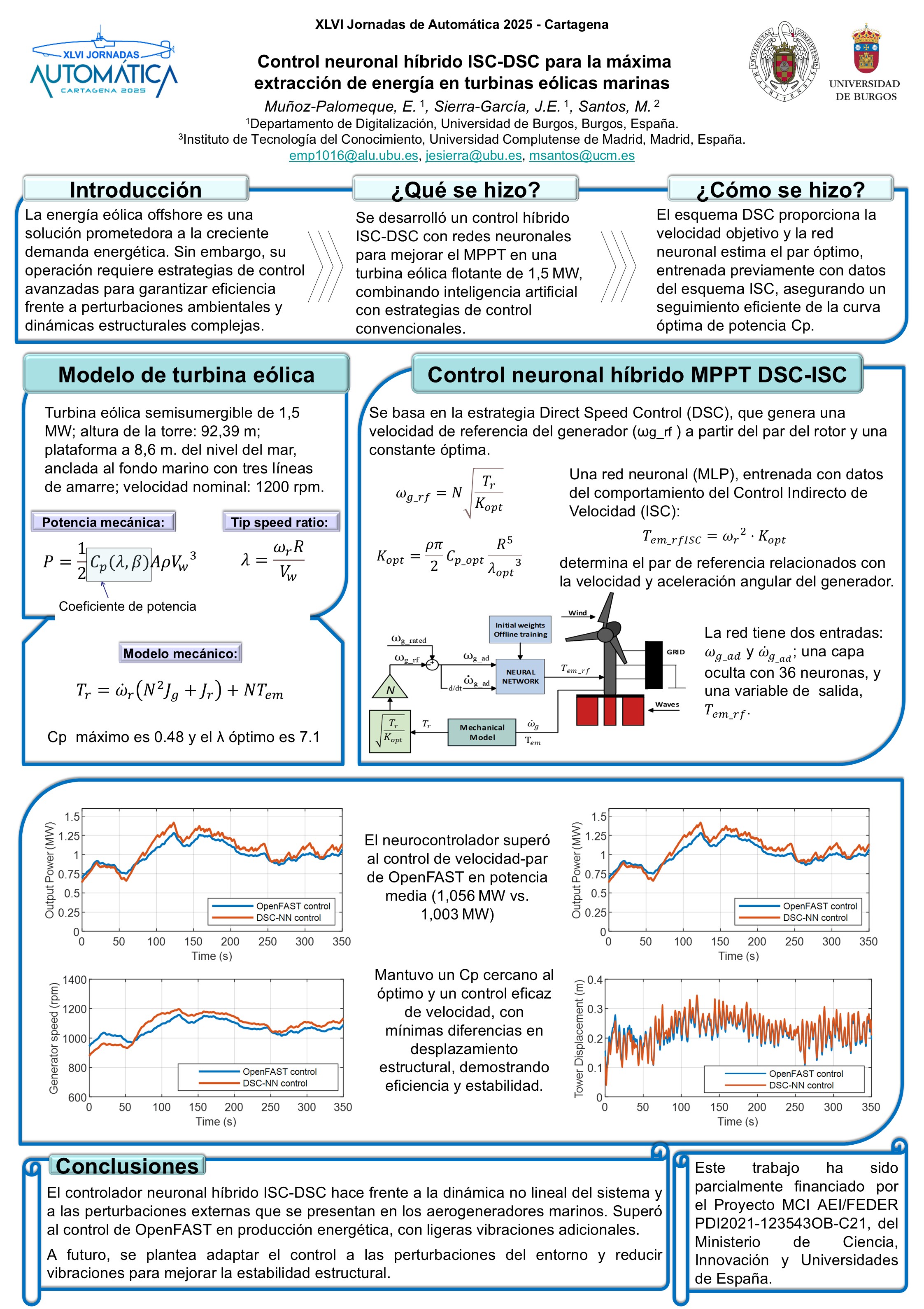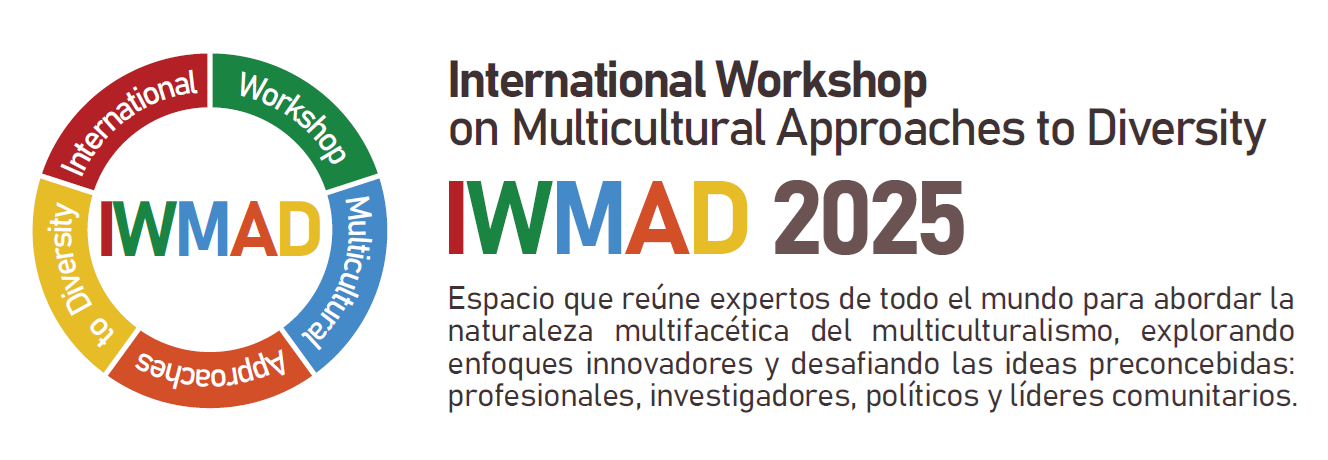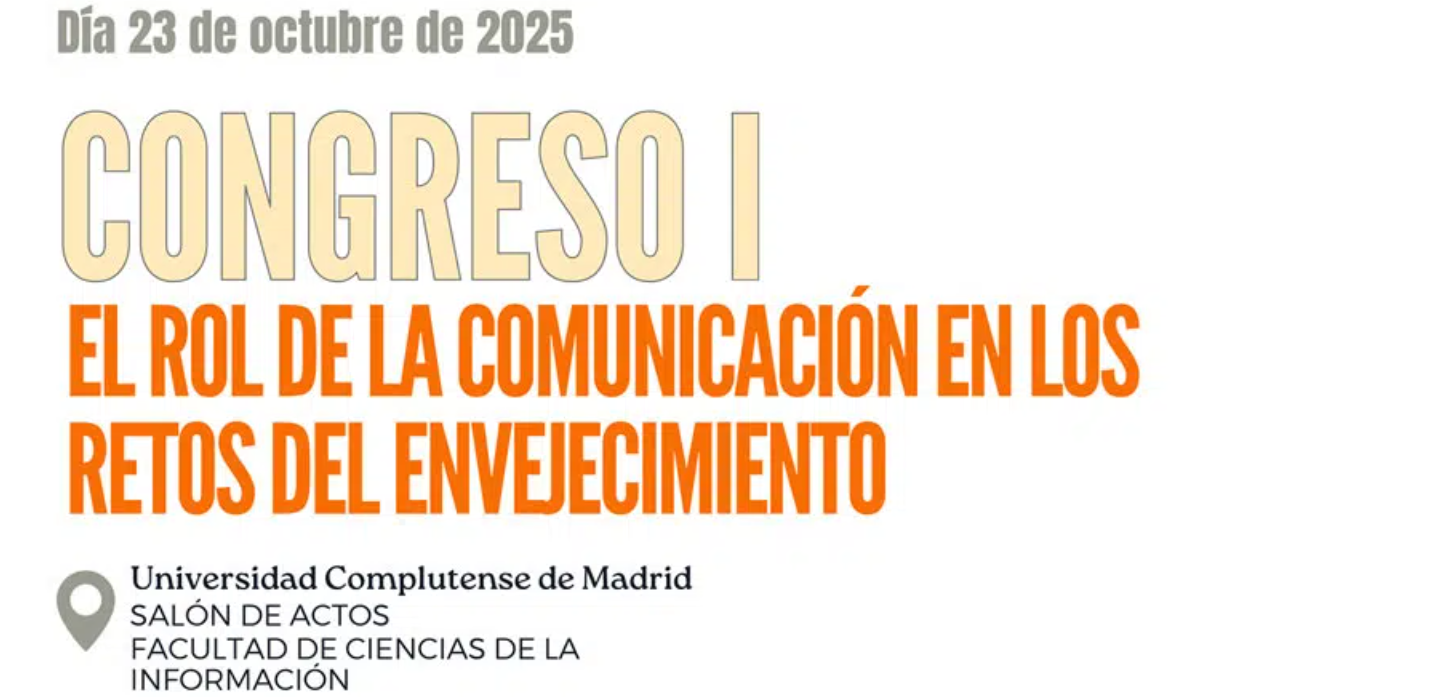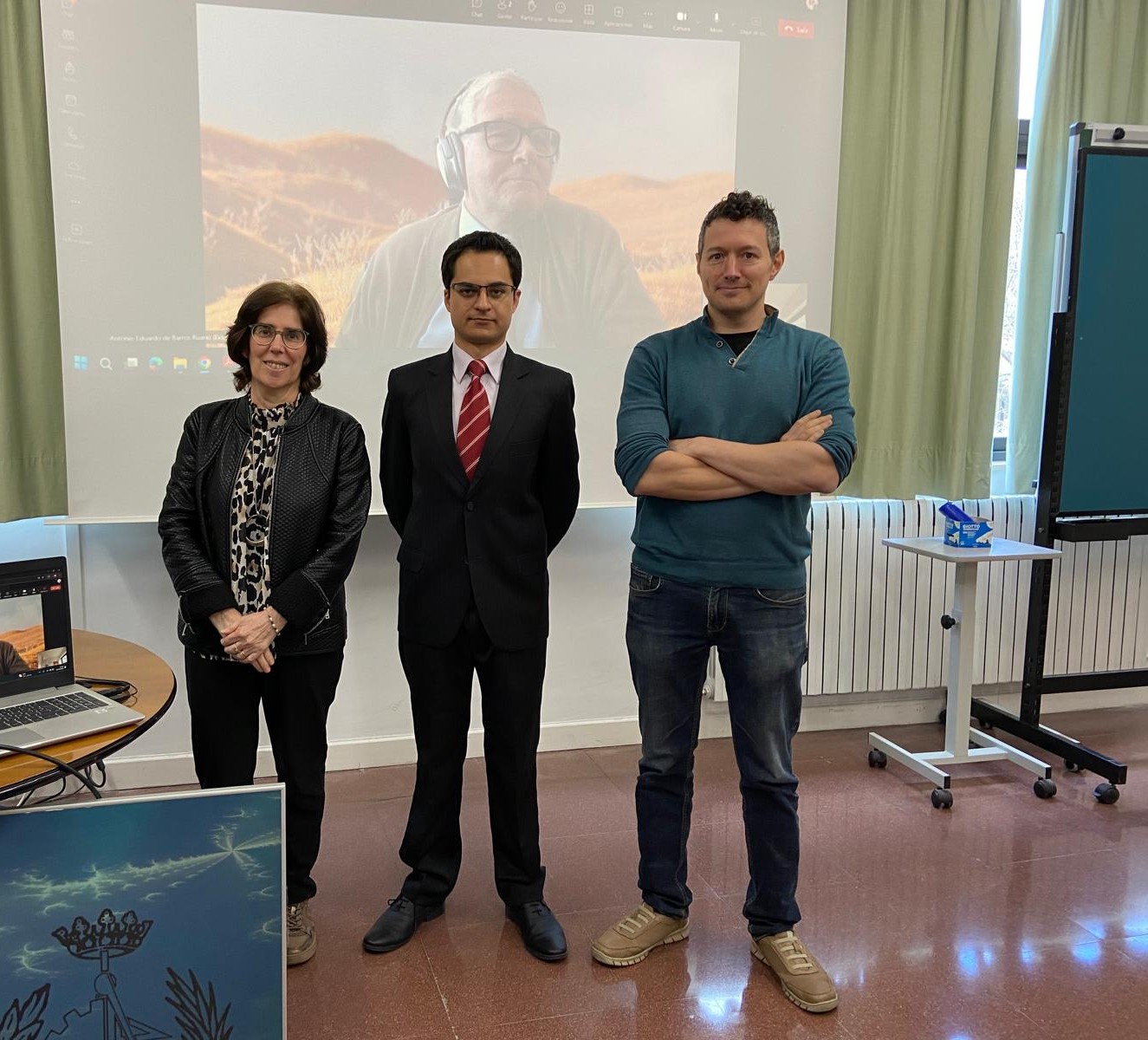
News
- Javier Arroyo participates in a panel on blockchain governance at the International Blockchain Governance Symposium
- Africa at the Crossroad of Geopolitics – Seminari of Belachew Gebrewold (ITC-UCM)
- Professor Juan A. Recio organizes the International Conference on Artificial Intelligence Applied to Mental Health (ICAIMH'25)
- Juan Pavón participates in the UNED Social Problems Conference
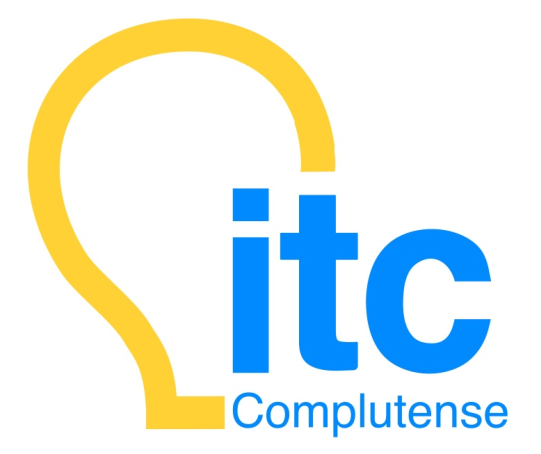 Knowledge Technology Institute
Knowledge Technology Institute
The Knowledge Technology Institute (ITC) eis an interdisciplinary research center of the Complutense University of Madrid.
Mission
The ITC's mission is to improve society through Knowledge Technologies. To this end, it aims to promote collaboration between UCM research groups from different areas, thus conceiving itself as a multidisciplinary research space that addresses Knowledge Technologies from different points of view and with a variety of applications that add value to society and facilitate the transfer.
Vision
ITC's Vision is to be recognized as a research center of national reference and with international projection in Knowledge Technologies, capable of carrying out research of great scientific relevance and socioeconomic impact and with a high capacity for training and attracting talent.
Values
All of this is guided by a set of Values within the conception of the Responsible Research and Innovation (RRI) paradigm, which involves anticipating and evaluating the potential impact and social expectations of R+D+I, with the aim of promoting the design of inclusive and sustainable R+D+I:
- Involvement of social actors (researchers, citizens, legislators, entrepreneurs, associations, etc.) in the R+D+I process, to better align with the values, needs and expectations of society.
- Multidisciplinary conception of R+D+I, since every solution has technical, social, legal, ethical, etc. implications.
- Encouragement of creativity, based on solid training.
- In line with the Sustainable Development Goals (SDGs), which define today's challenges.
- Equality and inclusiveness, and promoting a sense of belonging to the organization that fosters teamwork and common achievements.
- Integrity and transparency, tanto en la labor científica como en su gestión.
- International vocation, open to collaboration with the entire scientific community.
Objectives
- To promote collaboration between UCM research groups, favoring multidisciplinary research.
- Promote responsible research and innovation (RRI), contributing to the Sustainable Development Goals (SDGs).
- Increase the quality and impact of research, to become a center of reference.
- To improve the transfer and dissemination of research results, bringing science closer to society and collaborating with the business world.
- Contribute to the training and promotion of young researchers.
- To increase the instruments for financing R+D+I, both in competitive calls, especially at the European level, and in attracting private funds.
- Promote international visibility and collaboration.
- Agile and efficient governance and management.
Social and economic projection
It is a priority objective to actively promote the projection of scientific and technological advances on economic activity; to bring the university structure closer to the demands of our society, through an agile dialogue between university and business, allowing a fruitful and profitable collaboration for both.
Accumulated experience and Complutense tradition
The Institute is the result of the confluence of a series of research lines and existing working groups at the Complutense University that have considered the need for multidisciplinary collaboration. Among these working groups are the Department of Methodology of Behavioral Sciences, from the Faculty of Psychology, and those of Computer Architecture and Automation, Software Engineering and Artificial Intelligence, and Computer Systems and Computing, from the Faculty of Computer Science.
Pioneering initiative of the Complutense University
The creation of this University Institute in 1989 by the Complutense University represents a pioneering initiative in Spanish universities.
It is the first University Institute created in Spain for this purpose.


